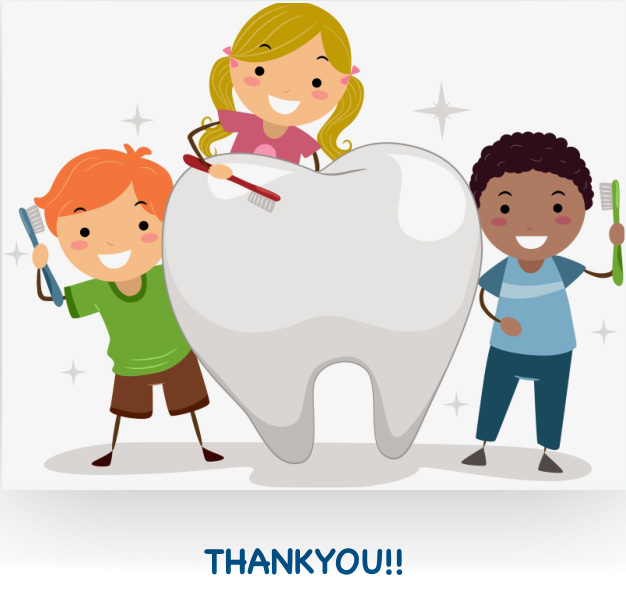 20 Oct 2023
20 Oct 2023
The most frequently asked question by most of the parents to a dentist is, “What is the importance of baby teeth?” and, “Why to save or take care of milk teeth when ultimately, they are going to fall and get replaced by permanent teeth?”
– The answer to this is, baby teeth are just as important as the permanent teeth and require proper oral care.
– Negligence towards the care of baby teeth can lead to serious problems affecting not only their dental health but also general health.

What are milk/baby teeth?
– Baby teeth or as dentist call them, “deciduous” or “primary” teeth, are actually present in the jaws when they are born, though they don’t usually appear until the baby is between 5 and 12 months old.
– Over the next three year, a full set of 20 primary teeth come, helping your child chew, supporting speech development, and giving them their cute smile.

IMPORTANCE OF MILK TEETH:
1. Mastication[chewing]
Children need their teeth to chew food. So, if their teeth are permitted to decay, the child will not only suffer from discomfort, pain, and abscessed (pus formation) tooth, but also be unable to eat. This, in turn, could lead to malnourishment, ultimately affecting their growth.
2. Smile
Children need their teeth to smile. The stigma of blackened teeth and bad breath can lead to serious teasing at school and at play, which could affect the child’s psychosocial development.
3. Facial Development
Milk teeth are needed a for normal growth of the jaw bone and give an appropriate shape to the face. Primary teeth control the development of the jaw muscles and the jaw bones so that they are properly developed and can provide suitable space for the permanent set of teeth. Milk teeth give the face its shape and form.
4. Prevention of Abnormal Growth
Space saver milk teeth are essential to hold the spaces open so that the permanent teeth can come into the correct position when they are finally developed enough to erupt (erupt-to come through the gums). mispositioning of teeth can lead to crooked teeth, chewing difficulties, facial asymmetries, TMJ problems, and last but most important, decaying of teeth.
5. Speech
Milk teeth help in the development of speech. The tongue produces certain sounds with the presence of (primary) teeth. Children have difficulty in learning to pronounce the sounds like “th” and “f” in the absence of their front teeth.
6. Psychosocial Well-being
Milk teeth are important to maintain child’s psychosocial well-being as well. Healthy baby teeth are a tremendous boost to a child’s self-confidence and self-esteem.

WHY MILK TEETH SHED OFF?
– A child’s baby teeth typically begin to loosen and fall out to make room for permanent teeth at about age 6.
– However, sometimes this can be delayed by as much as a year.
– The first baby teeth to fall out are typically the two bottom front teeth and the two top front teeth.

Oral hygiene is important for kids too…
It’s important to start practicing good oral hygiene as soon as your child’s first baby tooth erupts. For example;
• Remind your child to brush his or teeth at least twice a day. Supervise and offer assistance as needed.
• Help your child clean between his or her teeth daily.
• Eat a healthy diet and limit sugary food and beverages.
• Schedule regular dental visits for your child. Regular brushing at home is important, but it is not enough to keep teeth and gums healthy.

